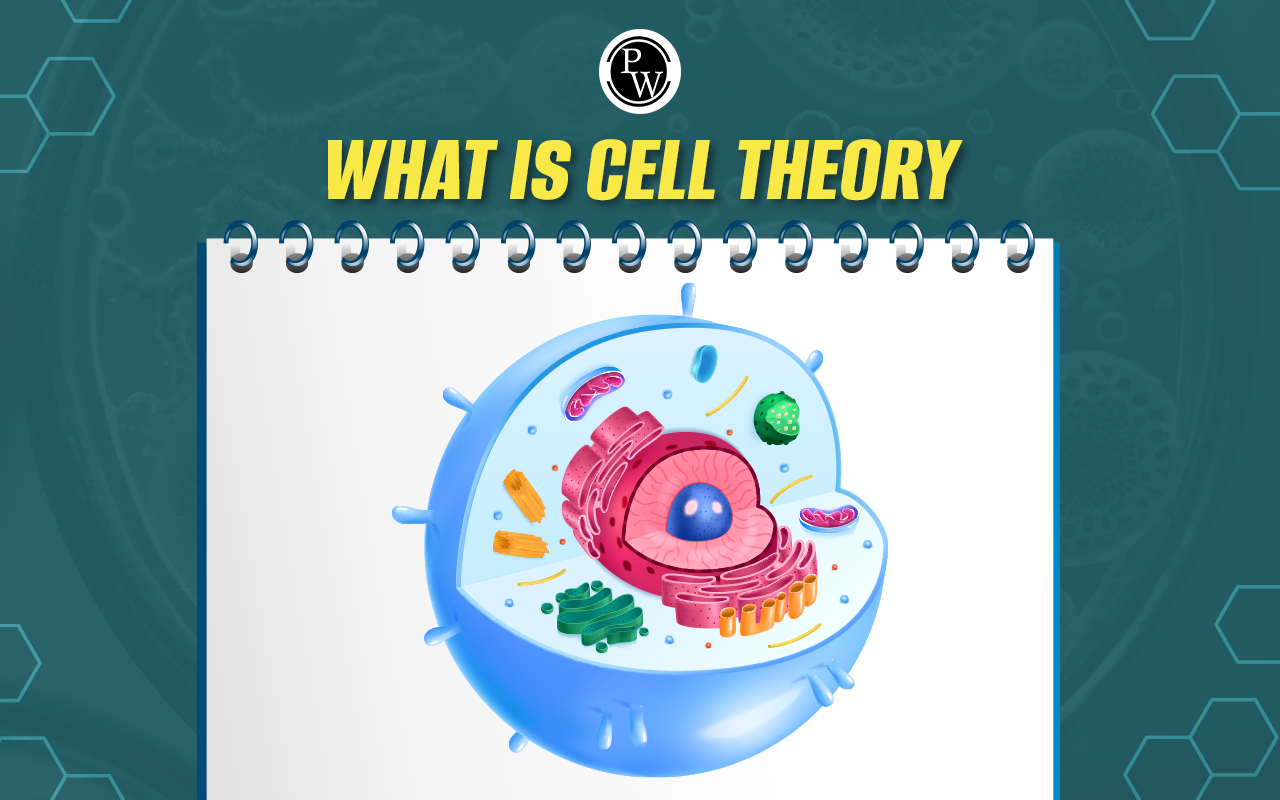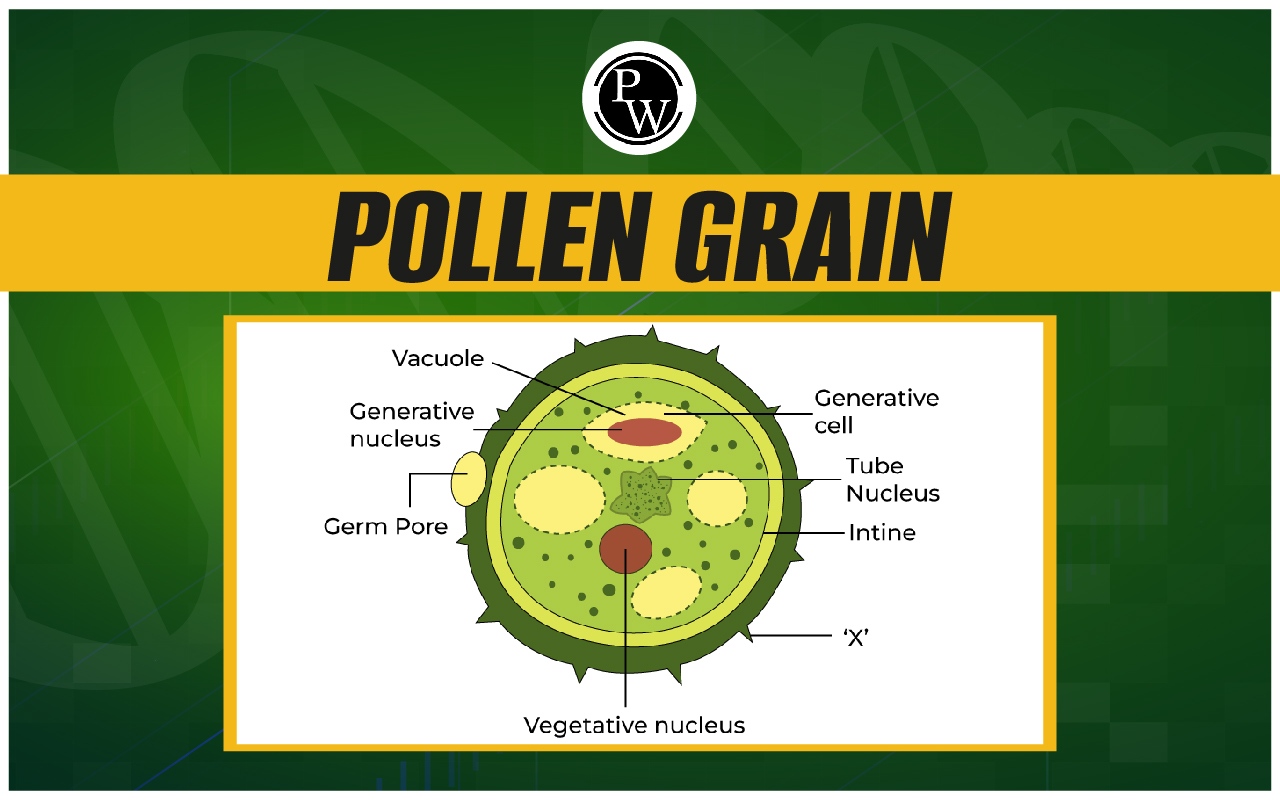
Difference Between Hard Water And Soft Water : The difference between hard water and soft water, though invisible, plays a significant role in our daily lives. Water, the essential thing for living beings, can be categorized into these two types based on mineral content.
| NEET Chemistry Syllabus | NEET Chemistry Important Questions with Answers |
| NEET Chemistry Chapter wise Weightage | NEET Chemistry MCQs |
| NEET Chemistry Notes | NEET Chemistry Formulas |
Difference Between Hard Water And Soft Water Overview
The distinction between hard water and soft water lies in their mineral content. Hard water contains increased levels of calcium and magnesium ions, acquired as it passes through geological formations like limestone. This mineral-rich composition often leads to challenges such as reduced soap lathering, scale buildup in pipes, and an impact on appliance efficiency. On the other hand, soft water has a lower mineral content, particularly in calcium and magnesium ions. It lathers well with soap, poses minimal risk of scale formation, and is gentler on both skin and appliances. Understanding these differences is vital for managing water quality, choosing suitable cleaning agents, and addressing potential issues associated with each water type.Difference Between Hard Water And Soft Water
Check out the provided table below to understand more about the Difference Between Hard Water And Soft Water. In this table, NEET aspirants will get the differences based on all the important parameters that are crucial for any NEET aspirant.| Difference Between Hard Water And Soft Water | ||
|---|---|---|
| Parameters | Hard Water | Soft Water |
| Formation | Contains high levels of calcium and magnesium ions. | Contains low levels of calcium and magnesium ions. |
| Taste and Odor | May have a mineral-like taste and no distinct odor. | Generally tasteless and lacks a distinct odor. |
| Lathering and Cleaning Ability | Forms scum with soap, reducing lathering and cleaning efficiency. | Lathers well with soap, enhancing cleaning efficiency. |
| Scale Formation | Tends to form scales or deposits in pipes and appliances due to minerals. | Minimizes scale formation, reducing pipe and appliance deposits. |
| Impact on Appliances | Can lead to reduced efficiency and lifespan of appliances due to scale buildup. | Poses minimal impact on appliance efficiency and longevity. |
| Impact on Skin and Hair | May result in dry skin and dull hair due to reduced soap effectiveness. | Generally gentle on skin and hair, promoting better soap performance. |
| Impact on Clothing | Can cause clothes to feel stiff and reduce fabric life. | Leaves clothes feeling soft and maintains fabric quality. |
| Water Source Suitability | Common in groundwater sources with high mineral content. | Common in surface water sources with lower mineral content. |
What is Hard Water?
Hard water is water that contains a high concentration of dissolved minerals, primarily calcium and magnesium ions. These minerals are acquired as water percolates through deposits of limestone and chalk. An example of hard water is water sourced from underground wells in regions with limestone formations.What is Soft Water?
Soft water is water with a low concentration of dissolved minerals, especially calcium and magnesium ions. Soft water is often naturally occurring in areas with igneous rocks or can be created through water-softening methods. Rainwater is an example of naturally soft water, while water treated with ion exchange or distillation processes can also be soft. Above mentioned are the important difference between soft water and hard water.Difference Between Hard Water And Soft Water FAQs
What is the difference between soft and hard water?
The key difference lies in mineral content. Hard water contains higher levels of calcium and magnesium ions, while soft water has lower mineral concentrations.
What is the difference between hard water and soft water Class 12?
Class 12 difference emphasizes the impact on appliances. Hard water can lead to scale buildup, affecting efficiency, while soft water minimizes such issues.
What is the difference between hard water and soft water Class 11?
In Class 11, the focus is on lathering. Hard water forms scum, reducing lathering, while soft water enhances lathering efficiency, impacting cleaning abilities.
What is the pH of soft water?
The pH of soft water typically ranges around 7, making it neutral. Soft water generally has a neutral or slightly acidic pH level.
Which water is safe to drink?
Both hard and soft water can be safe to drink. The safety depends on the absence of harmful contaminants. Soft water is often preferred for its improved taste.
Can I drink hard water?
Yes, hard water is generally safe to drink. However, some may find it less palatable due to the mineral taste. Water softeners can be used to improve taste if desired.
🔥 Trending Blogs
Talk to a counsellorHave doubts? Our support team will be happy to assist you!

Check out these Related Articles
Free Learning Resources
PW Books
Notes (Class 10-12)
PW Study Materials
Notes (Class 6-9)
Ncert Solutions
Govt Exams
Class 6th to 12th Online Courses
Govt Job Exams Courses
UPSC Coaching
Defence Exam Coaching
Gate Exam Coaching
Other Exams
Know about Physics Wallah
Physics Wallah is an Indian edtech platform that provides accessible & comprehensive learning experiences to students from Class 6th to postgraduate level. We also provide extensive NCERT solutions, sample paper, NEET, JEE Mains, BITSAT previous year papers & more such resources to students. Physics Wallah also caters to over 3.5 million registered students and over 78 lakh+ Youtube subscribers with 4.8 rating on its app.
We Stand Out because
We provide students with intensive courses with India’s qualified & experienced faculties & mentors. PW strives to make the learning experience comprehensive and accessible for students of all sections of society. We believe in empowering every single student who couldn't dream of a good career in engineering and medical field earlier.
Our Key Focus Areas
Physics Wallah's main focus is to make the learning experience as economical as possible for all students. With our affordable courses like Lakshya, Udaan and Arjuna and many others, we have been able to provide a platform for lakhs of aspirants. From providing Chemistry, Maths, Physics formula to giving e-books of eminent authors like RD Sharma, RS Aggarwal and Lakhmir Singh, PW focuses on every single student's need for preparation.
What Makes Us Different
Physics Wallah strives to develop a comprehensive pedagogical structure for students, where they get a state-of-the-art learning experience with study material and resources. Apart from catering students preparing for JEE Mains and NEET, PW also provides study material for each state board like Uttar Pradesh, Bihar, and others
Copyright © 2025 Physicswallah Limited All rights reserved.
Get App









